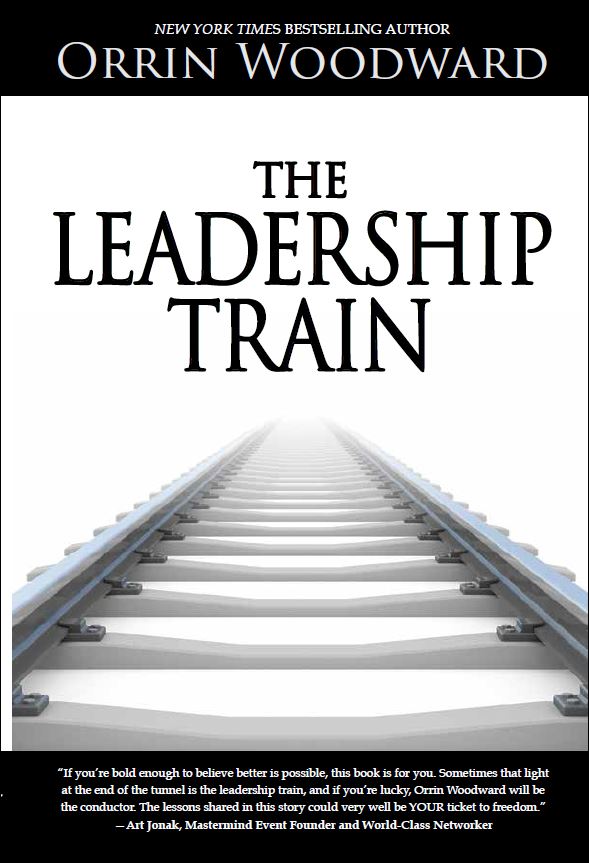I tweeted out a quote this morning that read: Winners learn from the past, live in the present, and lead into the future.
Failures, however, reject this advice. In fact, they follow an opposite path which ensures failure.
If I were to tweet out how to fail in life it would read: Failures replay the past, react in the present, and rationalize away the future.
If this quote is closer to your current mindset, the good news is – YOU can change it!
Now I am not promising it will be easy. Failure is a mindset that quickly becomes a habitual. Nonetheless, with disciplined mental and physical work, a failure mindset can be transformed into a winning one. I believe your future is worth changing for. Doing so will bless, not only your life, but also those you love.
Let’s unpack each step of the failure mindset.
First, failures do not learn from the past. Instead, they beat themselves (or others) up for their past mistakes. Replaying the past to blame or justify is a sure recipe for failure. Wearing a victim lens in life may reduce the short-term pain but only by ensuring longterm failure. In short, a person cannot learn from the past when he is playing the victim card.
Second, because failures don’t learn from the past, they often repeat it. Wisdom is the fruit enjoyed by those who accept personal responsibility for all of life’s outcomes. True, unfair things happen to everyone, but how a person responds is the key. Failures, because they do not seek wisdom, end up living reactively rather than proactively.
Finally, because failures constantly replay past mistakes and are reactive rather than proactive, they have little time to focus on the future. Of course, this ensures they will not effectively lead themselves nor others into a brighter future. Instead, failures rationalize away their futures on altars of past failures. How sad.
Fortunately, there is another plan.
Winners have a different mindset. It doesn’t matter what happened in the past because it is history. All that is left from the past are the lessons one can learn from them. It doesn’t matter how bad it is in the present because it’s just a function of reaping what you have sowed in the past. However (drum roll please), to truly change one’s life, it is absolutely essential to envision where one wants to go. For without a clear picture of the future life a person desires, he will not generate the internal motivation necessary to create real change.
Failures have to see it to believe it and thus never believe or do anything without seeing first. But this means they merely react to what is presented to them rather than pro-act to create something new. Winners, on the other hand, believe it, see it, and thus work like crazy to make what they “see” come true. That’s the SECRET! Successful people apply consistent effort to turn their mental dreams into physical realities.
Yes, winners work hard, but so do many failures. It’s important to understand that it’s not the work that separates the successful from the unsuccessful; it’s vision. More specifically, it’s a vision believed so deeply that it becomes a metaphysically reality. The physical work, then, is just investing the time to formally present externally what is already known internally.
Accordingly, the key question for all success is: are you disciplining your mind to see your future reality? I know, I know, the reader is probably thinking – but I don’t have time for that. Think through that statement for a second. A person who says he doesn’t have time to envision his future, is like a tourist who says he doesn’t have time to look at the local map. Although the tourist may save time in the short run, he ends up repeating many steps and loses out on many rewards in the long run. In a similar fashion, so too does the hard worker without vision.
I believe it’s time to learn from the past while living in the present, and leading (with massive vision) into the future? In fact, I believe this so strongly, I co-founded LIFE Leadership to help people live the life they’ve always wanted.
Sincerely,











